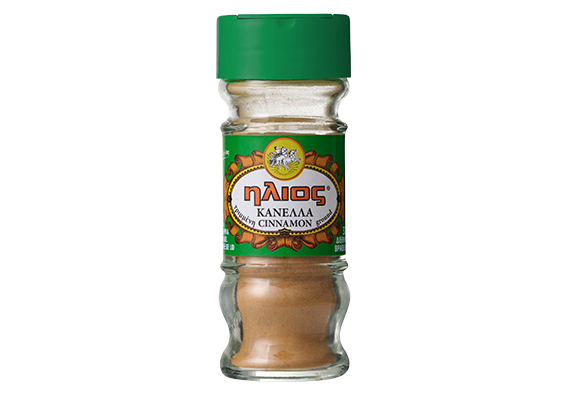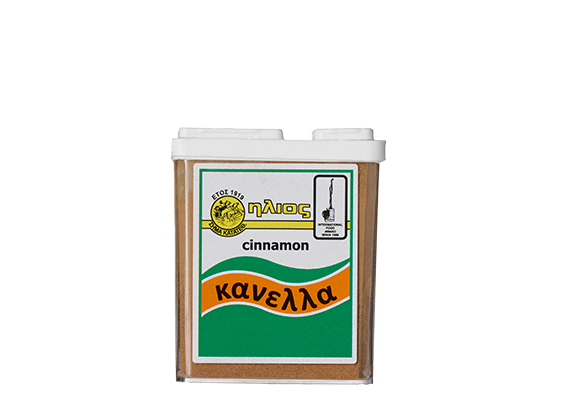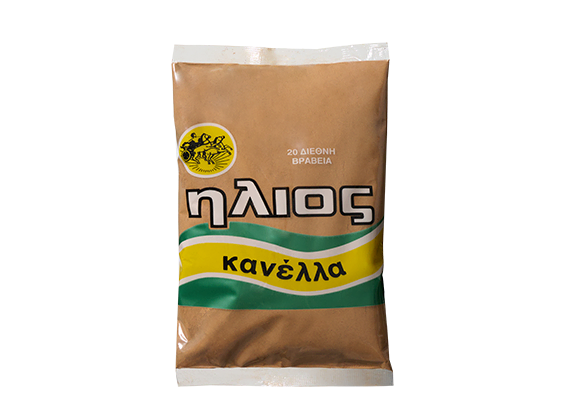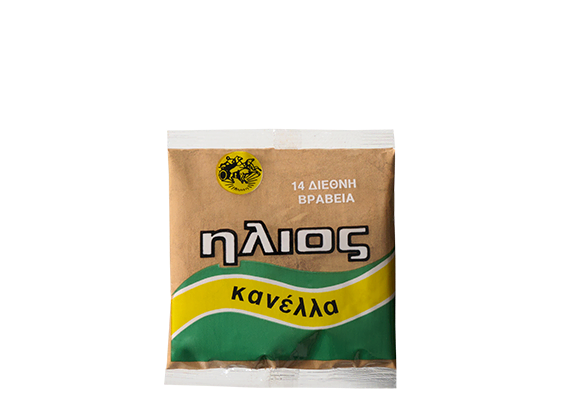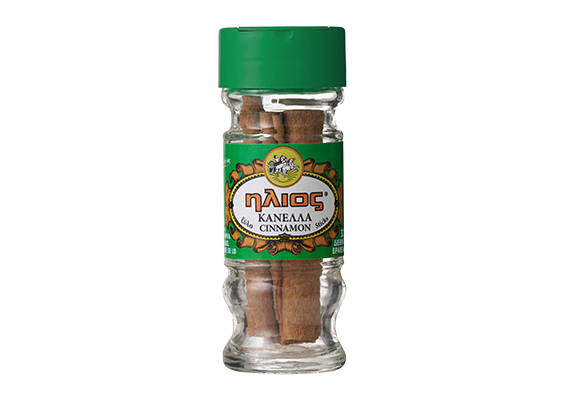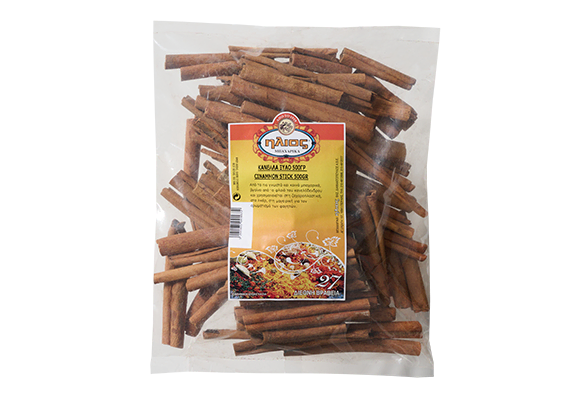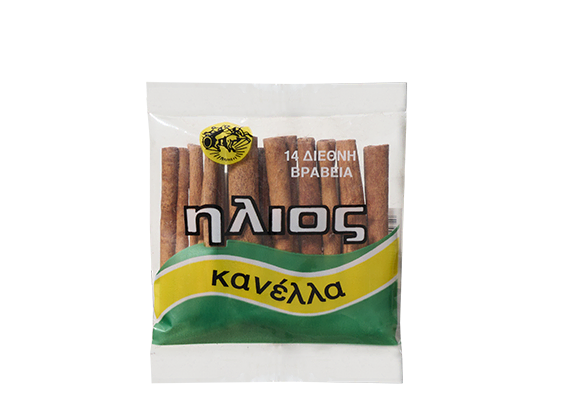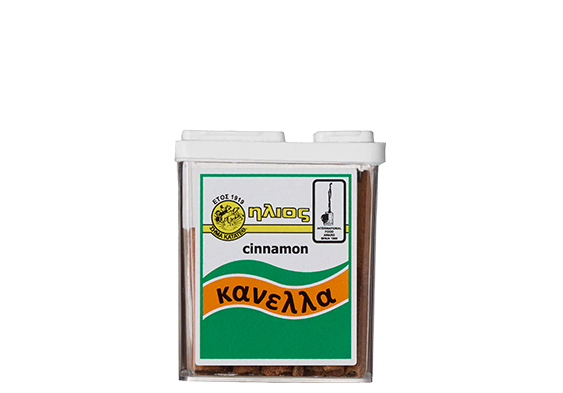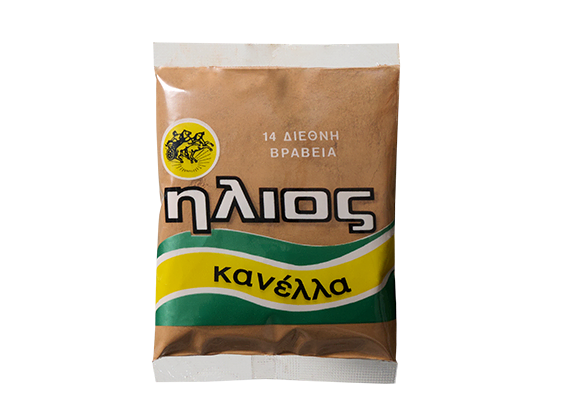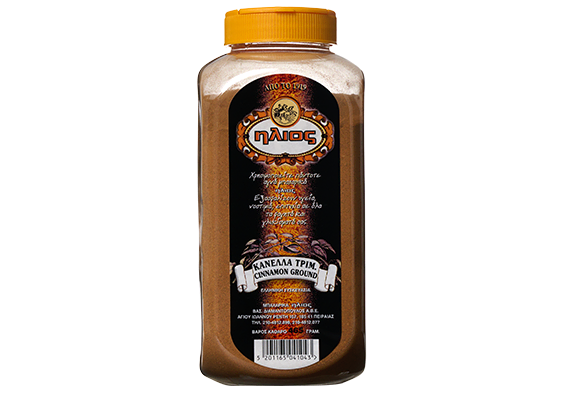A pinch of cinnamon is often the finishing touch, the secret ingredient or the delicate flavor that completes some of our favorite foods. But cinnamon’s journey lasts a long time, from the harvest to our kitchen, and it is a fascinating process, starting from far away.
Cinnamon is one of the oldest known spices and the history of its use as medicine is very interesting. In the ancient written reports it was confused with cassia. Both spices were mentioned in Bible, in the Old and New Testaments. In 1505, the Portuguese sailed around the Cape of Good Hope and discovered Ceylon. Before that time, cinnamon was transported to Europe by the old caravans throughout the Eastern Mediterranean region. In 1536 the Portuguese occupied the island of Ceylon for the sake of cinnamon, but in 1656 the Dutch dislodged the Portuguese and held the monopoly of its spices’ production. In 1796, the British took control of Ceylon from the Dutch and the East India Company held the monopoly for cinnamon until 1833.
The summary of this historic course shows us that cinnamon was a powerful incentive for trade from many years ago and this underlines the importance of that spice. Cinnamon essential oil is included in the list of drugs of the first edition of Dispensatorium Noricum which was published in 1546.
